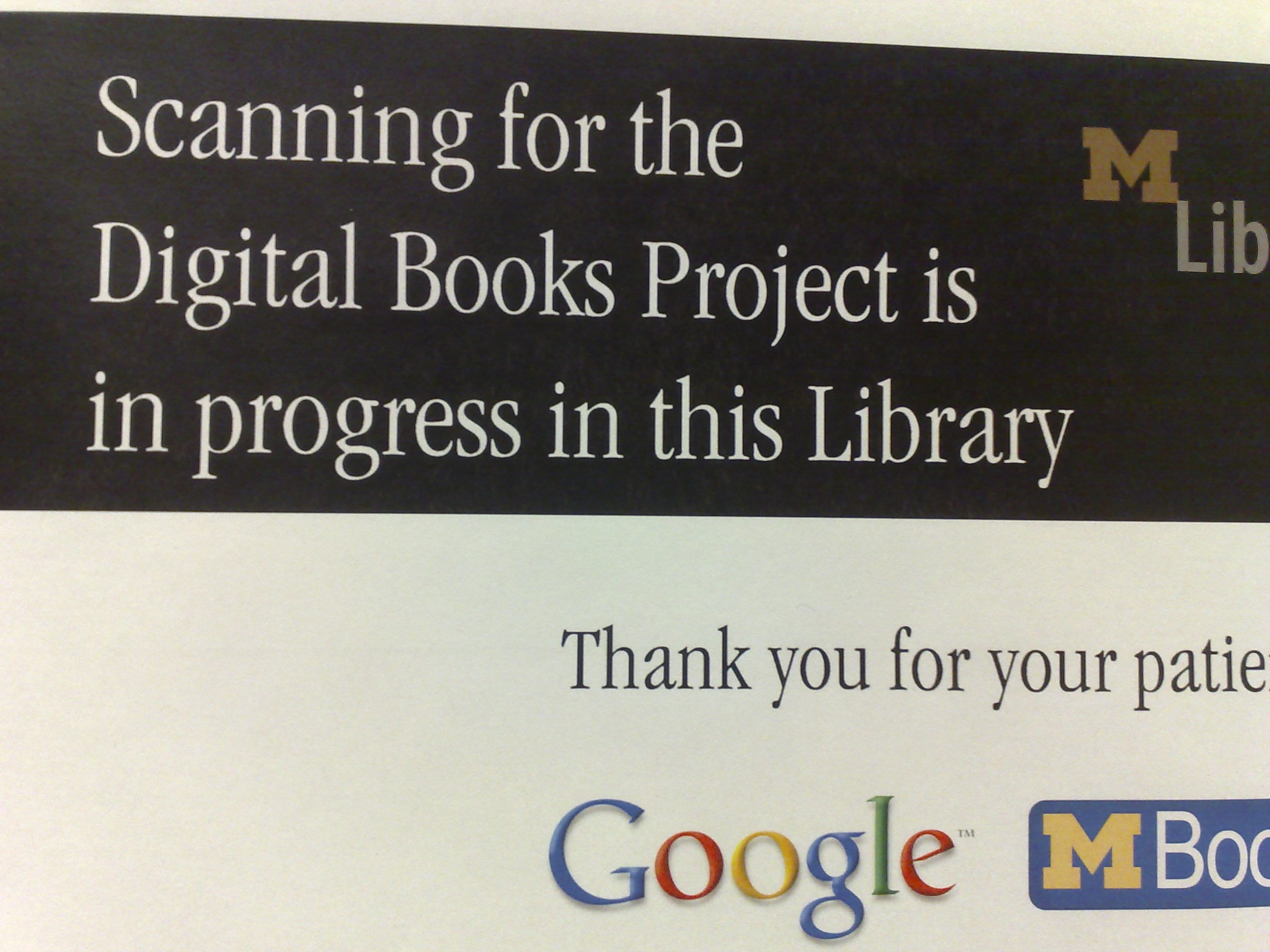2015 proved to be a watershed year for the fair use defense to copyright infringement, with the latest decision ending a long-running dispute between the Authors Guild and Google over the Google Books project.[1] In Authors Guild v. Google, the Second Circuit held that Google’s digital scanning of copyright-protected books to create a full-text searchable database (and the display of text “snippets” from those works) is protected as a non-infringing “fair use” under the Copyright Act.[2] The opinion, written by Judge Pierre N. Leval, stressed the project’s significant contribution to public knowledge, and the unlikelihood that the database would provide a meaningful substitute for the original works.[3]
Hopefully, this decision will largely settle the scope of fair use in regards to digital scanning projects like Google Books and the HathiTrust library, whose benefits to the public clearly outweigh the costs to copyright owners. Indeed, the Authors Guild’s suits always seemed border-line frivolous to me, both in light of established fair use precedent, as well as the underlying public interest that copyright law is constitutionally mandated to serve. In these kinds of cases, it is important to remember that the copyright owners are not the only ones whose creative rights are at stake: the Google Books project has the potential to catalyze research and scholarship, ultimately leading to the creation of more copyrightable works.
Of course, this is not to say that authors haven’t experienced a disruption to their traditional revenue model as a result of developments in digital technology. But this is hardly a novel issue, and history has shown that the more prudent response is to innovate, not litigate. U.S. copyright law doesn’t protect one’s moral right to be compensated for creating; rather, it protects the business of creation, and like all economic actors subject to the vagaries of capitalism, creators (and creator collectives) would do well to devote their energy towards utilizing new technologies, rather than fighting them. Perhaps now that the courts are increasingly weary of attempts by copyright owners to impede legitimate and productive access to creative works, copyright owners will see the light.

